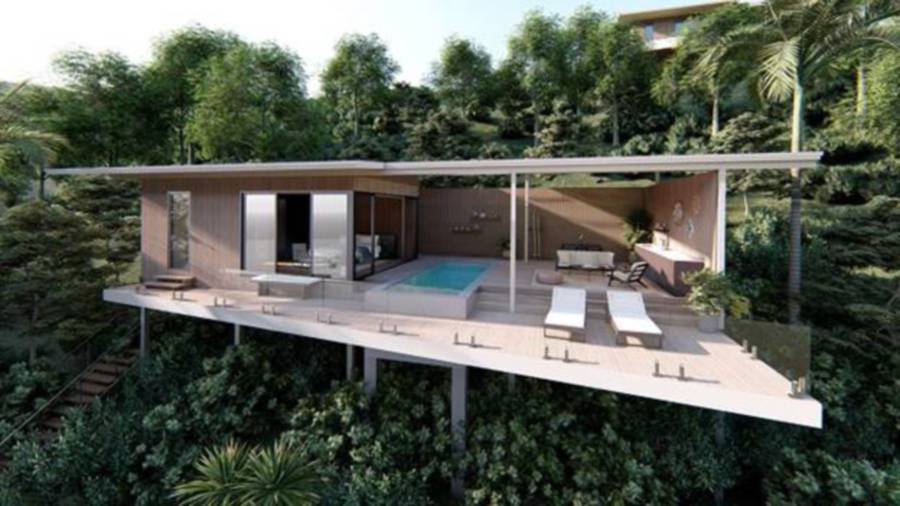By NST Property - March 17, 2021

Singapore-based Selo Group is looking beyond sustainability to regenerative development and is encouraging fellow developers to do the same and make a positive impact on the local communities.
Its chief executive officer Andrew Corkery said the group aims to also collaborate with property industry experts to change the course of the real estate industry.
"At Selo Group, we want to take a more strategic, thoughtful, and long-term approach for all our developments. This means going beyond just sustainability products and into processes, communities, education, social responsibility, and the whole eco-system partnering with nature," he said.
Corkery said sustainability has been a universal buzzword across most industries for years.
But with increasing evidence of climate change and the severe impact it is having on global communities, implementing eco-friendly practices that mitigate harm to and preserve the environment has become an essential standard rather than a standout feature, especially for real estate developers, he said.
According to Kosmos Journal, a peer-reviewed publication covering global transformation, regenerative development focuses on using resources to improve society's wellbeing in a way that builds the capacity of the support systems for future growth.
The publication stated that what sustainable development is to traditional economic development, regenerative development is to sustainable development.
Regeneration can work across all development sectors, it said.
Selo also recently shared insights on global topics that affect regenerative development efforts, including the latest housing and building trends that will play a role in developers' futures.
According to Selo, there are five global housing and building trends that will impact the real estate industry's move toward regenerative development.
It said, first of all, urbanisation has been on the rise, and it is estimated that a new city of 1.5 million people will have to be built every week, or 96,000 houses per day to meet the world's growing demand in the next few decades.
Secondly, sustainability has become a necessity with this growth, and residents are demanding that governments and communities provide better use of resources and energy to meet this need.
"People are demanding warmer, safer, quieter buildings that have a longer life span and can be constructed with less material waste," it said.
Thirdly, housing availability and affordability are a concern with global population growth as demand coupled with a limited supply of quality housing is forcing prices up.
Next is environmental events such as earthquakes, floods, and cyclones that are forcing many governments and communities to rethink their policies on building methods.
Lastly, Selo said it is important to monitor the political and economic influences on the real estate industry.
It said the fast-expanding "middle class" in most economies creates a surge in demand for quality housing, schools, health centres, and community infrastructures.
Looking ahead, Selo plans to introduce an ecological park behind its Selong Selo Resort & Residences development in Lombok, Indonesia.
The 100-hectare site will include a nursery, solar panels, plantation forests, and other tourism activities, with the goal of promoting regeneration and restoration of the environment and social resilience, in harmony with commercial development.
No comments:
Post a Comment